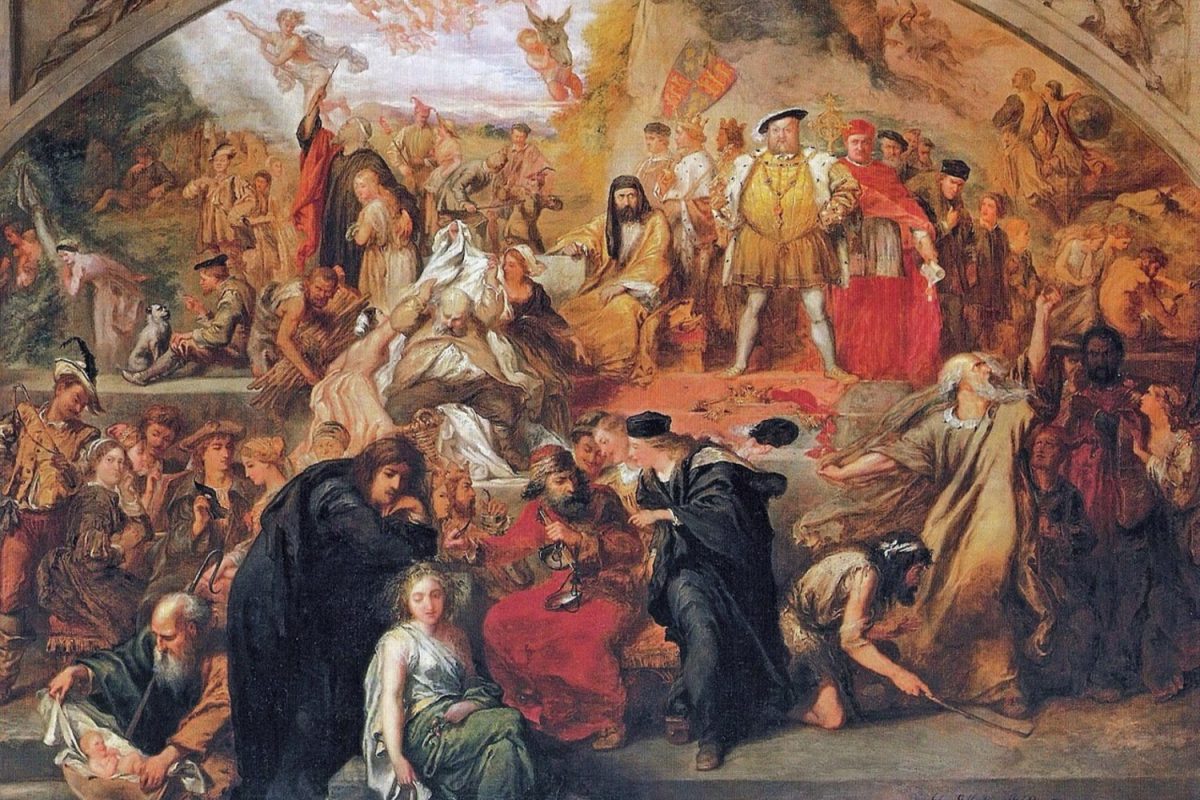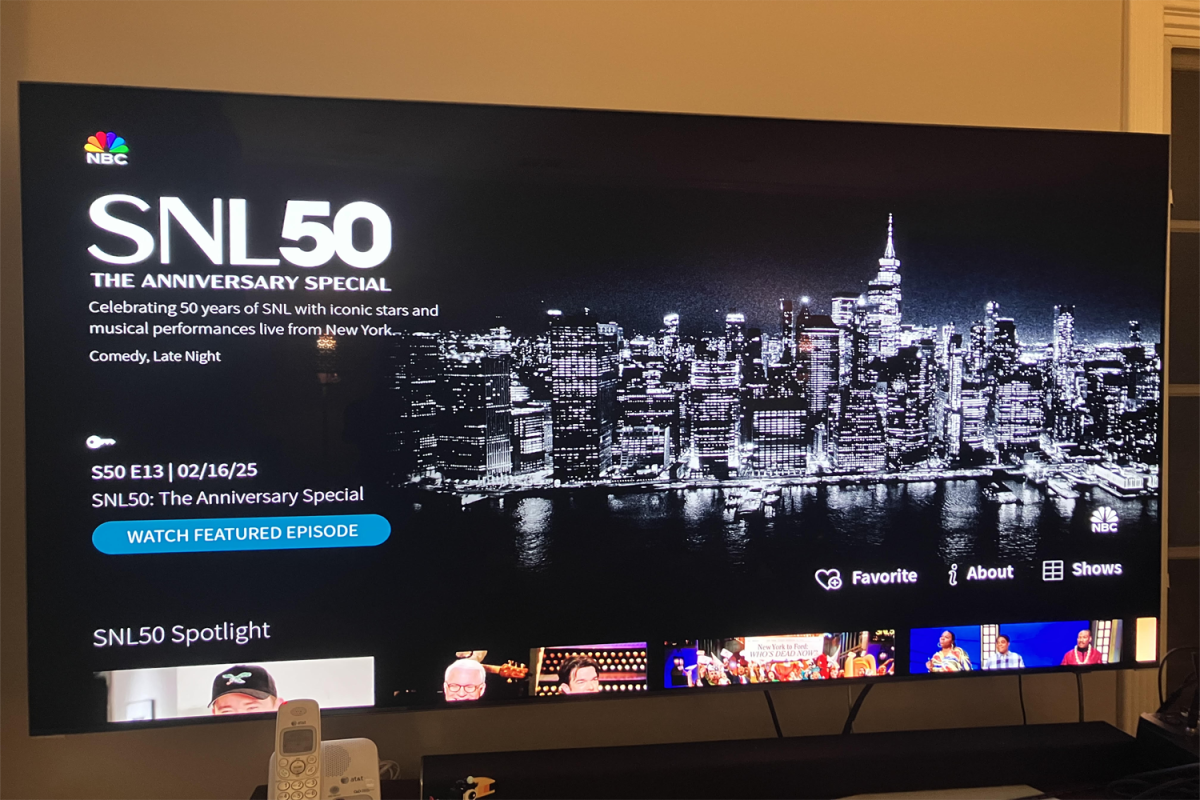A new year brings new awards to celebrate the past year’s movies.
Each year, people debate which movies are most deserving of these awards. The Academy Awards, known as the Oscars, are scheduled for March 2. With the nominations chosen by the Academy released, this year’s contestants will soon be at the forefront of many people’s minds.
“I like to watch award shows when actors or movies I’ve enjoyed are nominated, but I usually hear about the awards from people discussing the decisions afterward,” said Felix Browne, a freshman.
Although the Oscars have retained some popularity through social media, they don’t become a common conversation topic every year.
“I watch the Oscars every year with my family because I like to watch movies, and it helps me figure out what to watch,” said Phie Wei, a senior. “I don’t notice many people talking about the Oscars these days.”
Often, events as widely publicized as the Oscars become talked about for slip-ups or controversy rather than fame alone.
“I think now they usually get talked about when a movie people don’t like wins,” Browne said. “I think our society has issues with accepting the past and broadening our taste buds of art.”
The Oscars often receive criticism for their nominations and the winners chosen, with the first foreign-language film to win best picture, “Parasite,” only being selected in 2020, a century after the first Oscars. Although that win was met with approval, previous choices, such as “Shakespeare in Love” over “Saving Private Ryan,” were heavily criticized for years after the fact.
“The Oscars are pretty superficial, and the people voting seem to be majority male,” Wei said.
In recent years, people have used the demographics of the Academy to argue about how biased their decisions have been. This is an issue, with the Academy still being male and white-dominated as of 2022, according to Statista.
Although the balance of the Academy has improved over the years, it still has a way to go before people trust their decisions.
“In general, female directors are often overlooked or not included, so I hope there’s more representation of female directors as time progresses,” Wei said.
The bias of the Oscars has changed over the years as the Academy’s demographics have shifted. What hasn’t changed, however, is the format and attire of the event and the kinds of films often nominated.
“I’m more interested in the formal attire they wear than the movies,” said Rachelle Charest, a Carlmont parent.
Due to the trends of the movies often selected for the Oscars and other award shows, it is common for people not to know many of the titles or for the film to cater to a specific audience.
“I only recognize two of the nominations,” Browne said. “I don’t think these award shows are targeted towards our age group.”
The movies Browne recognized were “Wicked” and “Dune: Part Two,” both well-publicized, American, high-budget blockbusters that garnered lots of attention on social media. Other Best Picture nominations, such as “Conclave” or “Anora,” didn’t receive nearly as much media attention in the past year.
“I think the selection of nominees isn’t very good this year,” Wei said.
Another Carlmont parent, Bree Prince, shared her positive experience with the Oscars.
“It was one of my favorite days of the year. We used to make a girls’ day of it: go for a hike and then watch the red carpet over dinner while making funny comments,” Prince said.
Whether watching the Oscars for the nominees or the fashion, joy can still be found in sharing the experience with others or enjoying the celebration.












